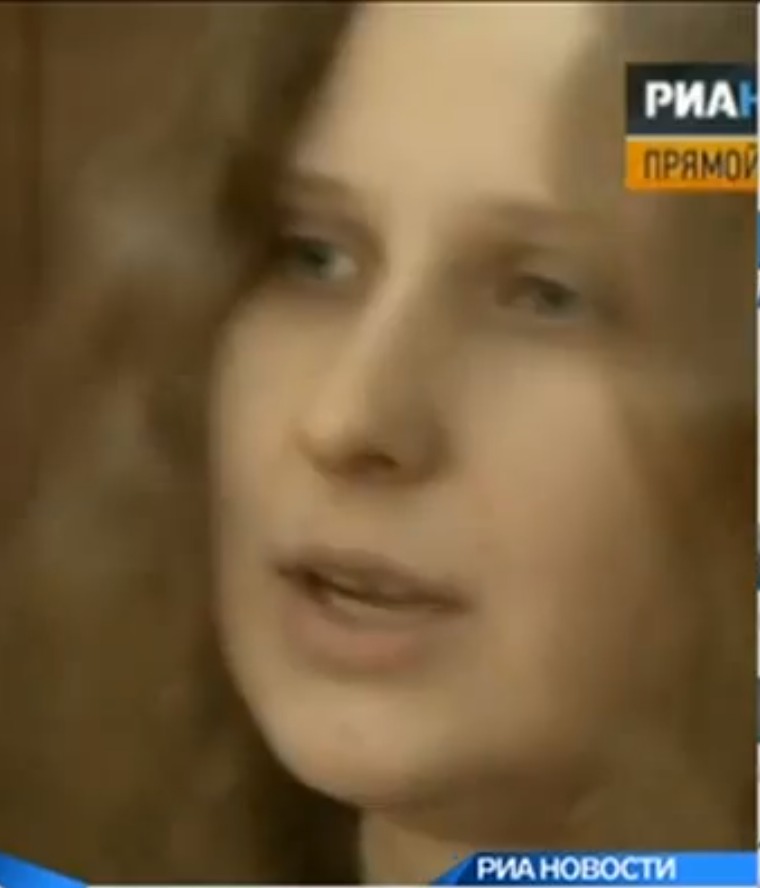|
|
||
Maria Alyokina. Closing Statement. 8 August 2012, Khamovnichesky Courthouse, Moscow | ||
 This trial is highly typical and speaks volumes. The current government will have occasion to feel shame and embarrassment because of it for a long time to come. At each stage it has embodied a travesty of justice. As it turned out, our performance, at first a small and somewhat absurd act, snowballed into an enormous catastrophe. This would obviously not happen in a healthy society. Russia, as a state, has long resembled an organism sick to the core. And the sickness explodes out into the open when you rub up against its inflamed abscesses. At first and for a long time this sickness gets hushed up in public, but eventually it always finds resolution through dialogue. And look-this is the kind of dialogue that our government is capable of. This trial is not only a malignant and grotesque mask, it is the "face" of the government"s dialogue with the people of our country. To prompt discussion about a problem on the societal level, you often need the right conditions-an impetus.
This trial is highly typical and speaks volumes. The current government will have occasion to feel shame and embarrassment because of it for a long time to come. At each stage it has embodied a travesty of justice. As it turned out, our performance, at first a small and somewhat absurd act, snowballed into an enormous catastrophe. This would obviously not happen in a healthy society. Russia, as a state, has long resembled an organism sick to the core. And the sickness explodes out into the open when you rub up against its inflamed abscesses. At first and for a long time this sickness gets hushed up in public, but eventually it always finds resolution through dialogue. And look-this is the kind of dialogue that our government is capable of. This trial is not only a malignant and grotesque mask, it is the "face" of the government"s dialogue with the people of our country. To prompt discussion about a problem on the societal level, you often need the right conditions-an impetus.
|